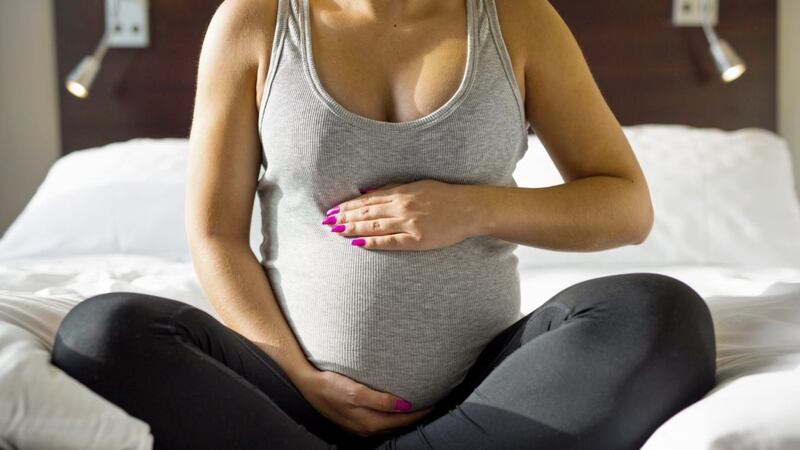The Equality Commission of Northern Ireland has just completed a survey of 906 women with children, and come to the shocking conclusion that half of them believe that motherhood had a negative effect on their career.
In addition the Commission’s chief executive Dr Evelyn Collins said more than a third of the women (36 per cent) surveyed said they'd been treated unfairly or disadvantaged because of their pregnancy, or because they took maternity leave. They believe this affected their finances, their career opportunities, their status at work and their health.
Types of unfair treatment included redundancy, being overlooked for promotion, unwanted role change, loss of bonuses, or simply negative attitudes - all of which can have an impact on a working mum’s financial situation.
Well, thanks to our expert friends at Scottish Widows, I'm in a position to cast a lot more light on what has become known as ‘the Motherhood penalty”.
We touched on this briefly last week, mentioning that nearly half (47 per cent) on non-working women in their 20s are caring for children, and that figure rises to more than half (51 per cent) of non-working women in their 30s.This is according to the Scottish Widows Women and Retirement Report 2016.
It’s worth noting, though, that the average age for becoming a first-time mum is higher than ever before, now standing at 29, and the number of new parents in their 20s has dropped by 40 per cent in the last decade.
This means women are becoming mums later, and so, by the time they come out the other end of the ‘childcare years’ and return to the workplace, they have less time left to make up for the pension contributions they missed.
Other trends affecting your pension saving, if you’re a mum, are the combined effects of youth unemployment, and adverse conditions on the housing market. This means your children are likely to live at home longer than before, requiring financial support which dilutes your ability to save for retirement.
In fact, 14 per cent of women have children over 18 who still live at home, or who moved out but have returned.
But not all women who take time out from working do so as a result of having children.
Scottish Widows also reminds us that you may be diverted from your working career to act as a carer. A fifth of women who are not working are caring for someone who is not their child, but the effects on their pension are just as severe.
So how many years of pension saving would you be prepared to put in, after returning to work?
Most women said that their desired retirement age would be 62, but if they did have to work longer, they would certainly want to leave the workplace by age 67.
But perhaps the most worrying discovery of all in the Scottish Widows’ report is that nearly one woman in five (18 per cent) do not ever expect to be able to retire.
In terms of lifestyle, the report projects that women now in their 50s would need an annual household income of £23,262 in order to be comfortable.
Scottish Widows say that achieving that annual income would require pension savings of just over £280,000.
That’s a hefty target, especially considering the gap in the middle of your career during the ‘childcare years’.
With so many women forced to cut their pension contributions to cover the costs of childcare or acting as a carer, a significant number of the women surveyed said they will be dependent on their partner to support them in retirement.
What should women be doing today, to minimise the effects of the ‘Motherhood penalty’ and the similar ‘Carer’s penalty’?
Achieving that requires action now, careful planning for the future and, above all, doing that planning with the guidance of a qualified, independent financial adviser.
:: Michael Kennedy is an independent financial adviser and pensions specialist, and can be contacted on 028 71886005






